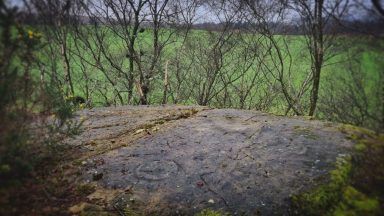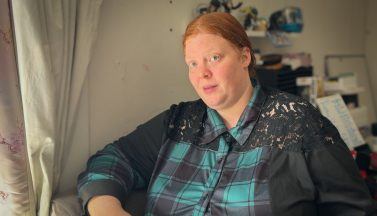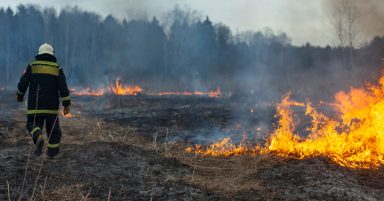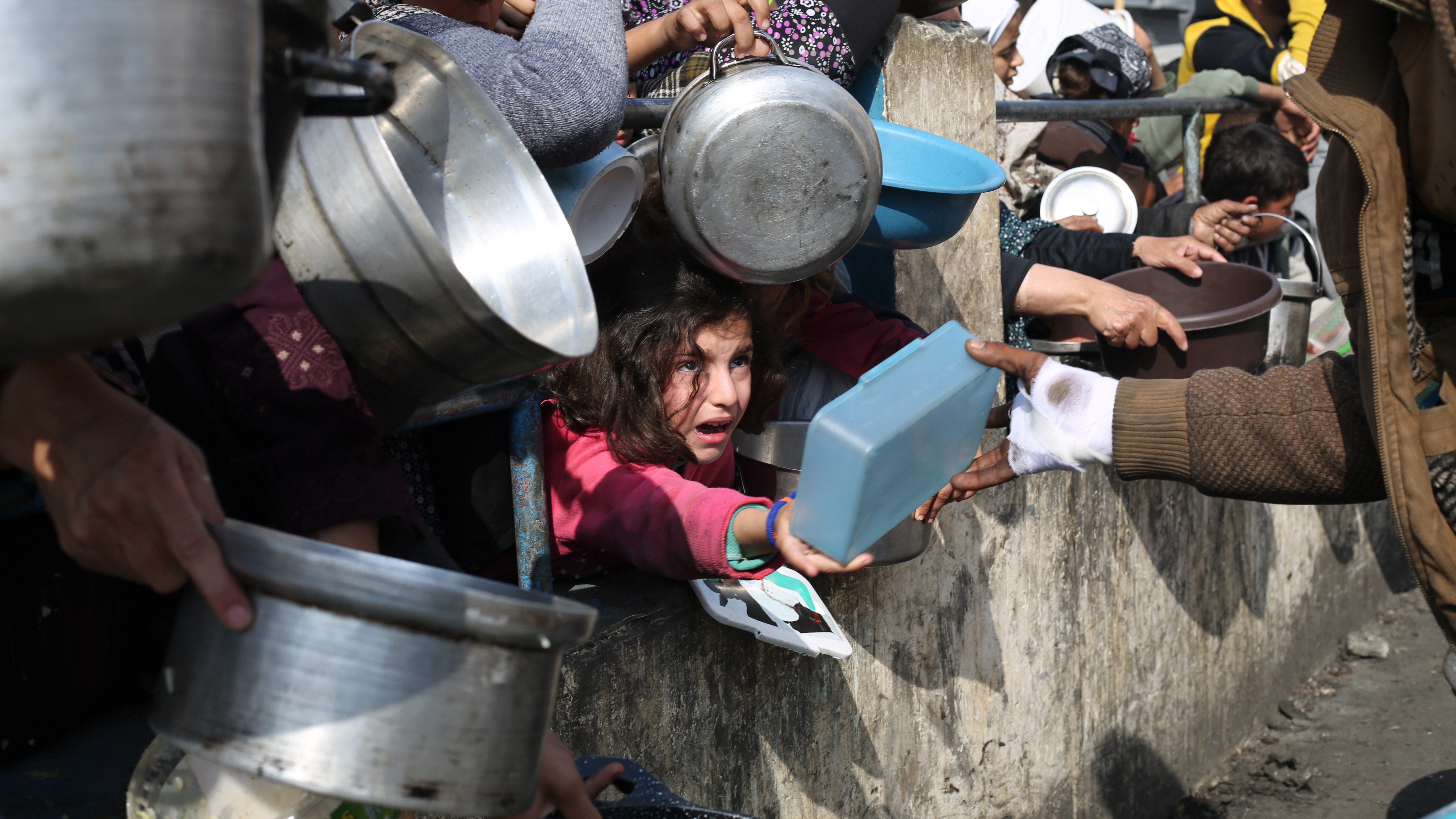Nearly two-thirds of secondary schools in Scotland now teach foreign languages in classes made up of pupils with different levels of ability to make language learning “viable”, according to a report.
The British Council Scotland report said 64% of secondary schools who participated in a recent survey reported “multi-level” classes were being offered to pupils in S4 to build up the numbers taking lessons.
The council’s report said language learning in Scottish schools now stands at a “critical juncture” because of changing patterns of uptake, mounting pressures on teachers and resource constraints.
Other challenges reported by teachers included secondary schools saying timetabling prevents some learners from taking a language, and some saying classes will not run if numbers are too low.
Elsewhere, the council’s Language Trends Scotland report found 98% of primary schools surveyed taught modern languages in the last school year and 77% of teachers had taught languages for more than five years.
It also found Spanish has now surpassed French in senior exams for the first time, with combined entries for Spanish rising 50% in the last decade.
A total of 129 local authority primary schools and 113 secondary schools from across Scotland took part in the survey, which was conducted from late August to the end of September 2024.
Peter Brown, the director of British Council Scotland, said: “As a languages graduate myself, I know first-hand how learning a language can open up a whole new world of opportunities.
“My time as a language assistant in Hamburg changed my perspective entirely and shaped the course of my life.
“These experiences showed me how powerfully language learning can build bridges between cultures.
“At the British Council, we know that learning a language builds connections, trust, and understanding between people, communities, and countries.
“Strong language skills and international experiences are vital for Scotland’s future as young people face an increasingly complex global landscape.
“While it’s encouraging to see a slight increase in some language exam entries over the last year, I’d like to see this continuing, and that international opportunities become more widely available, giving more young people the chance to transform their own lives through language learning.”
Dr Ian Collen, of Queen’s University Belfast – one of the report’s authors, said: “The inaugural Language Trends Scotland research has been a fascinating study and provides a comprehensive and qualitative picture of modern language provision in Scotland.
“Alongside accounts from teachers on the ground in schools across the country, the data reveal complex patterns in modern language provision.
“While it’s hugely positive to see these green shoots with wide-spread implementation at primary level, the significant changes in qualification entries at senior level raise important questions about progression through secondary education and thus into Further and Higher Education.
“Everyone in Scotland needs to take these findings seriously and work collaboratively to assure the pipeline of future linguists.”
Follow STV News on WhatsApp
Scan the QR code on your mobile device for all the latest news from around the country


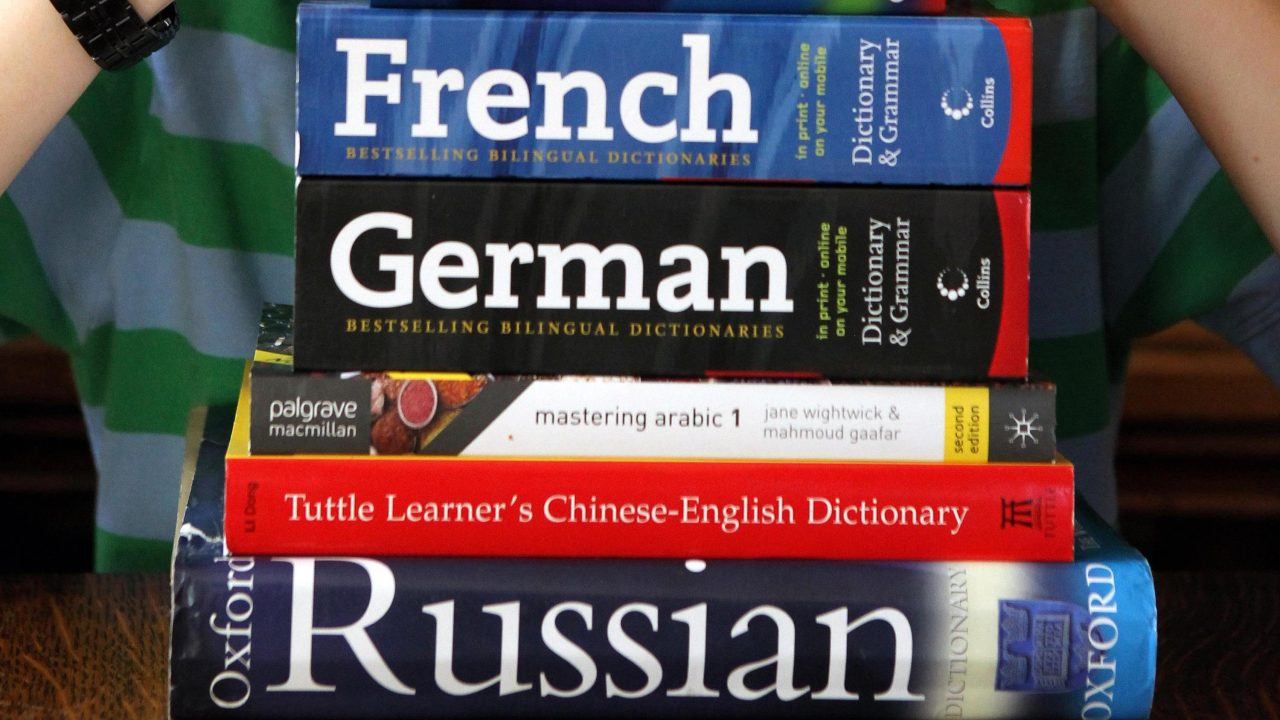 PA Media
PA Media









